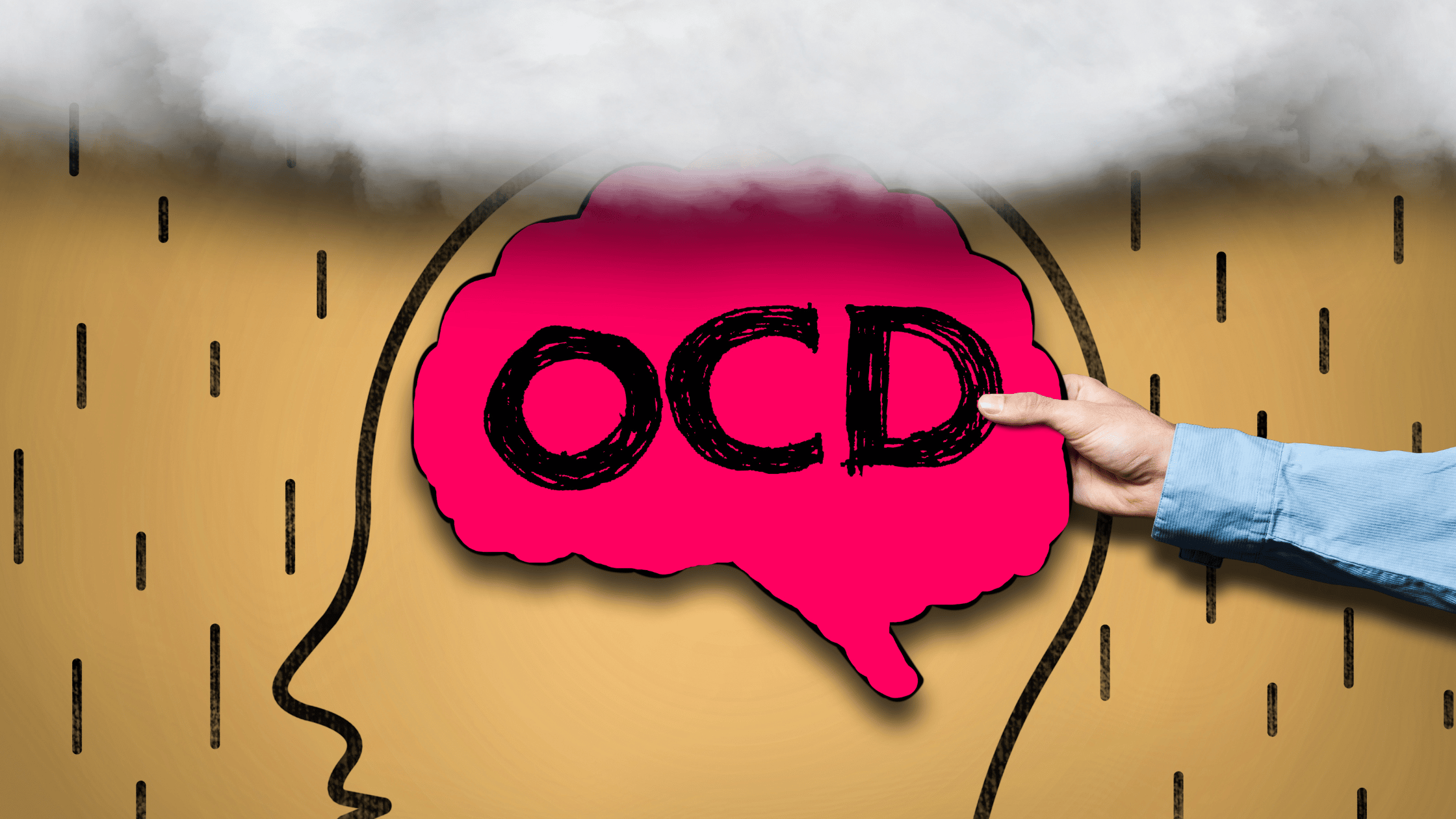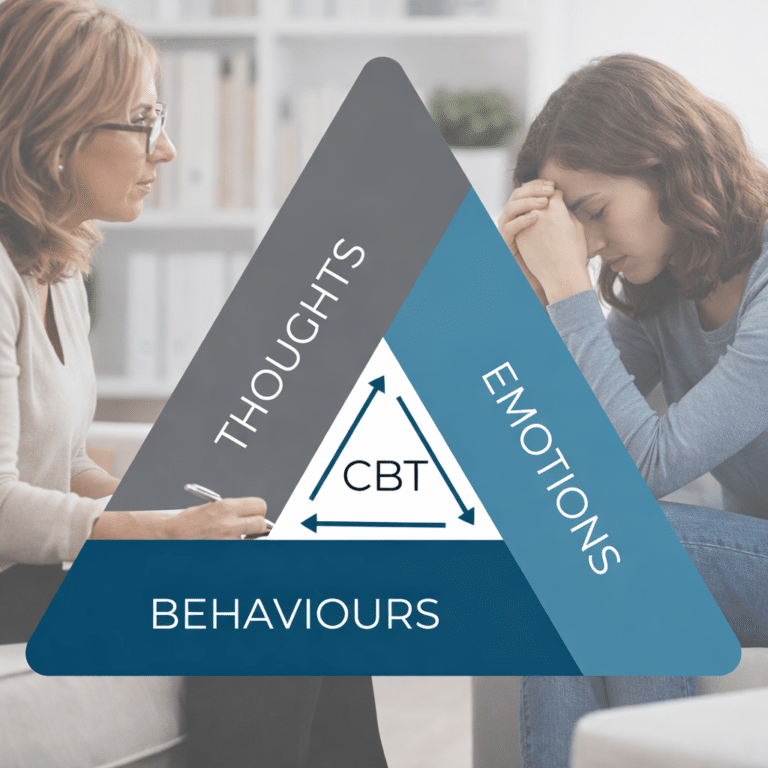Common Presentations and Symptoms of Obsessive-Compulsive Disorder
Maddison Henley PA-C

Obsessive-compulsive disorder (OCD) is a mental health condition characterized by persistent, unwanted thoughts, ideas, or sensations (obsessions) that drive an individual to engage in repetitive behaviors or mental acts (compulsions) to alleviate the distress caused by the obsessions.
Common presentations of OCD include:

- Obsessions with cleanliness and germs: Individuals with OCD may have excessive fears of contamination and may engage in repetitive hand-washing, cleaning, or avoidance behaviors.
- Obsessions with order and symmetry: Individuals with OCD may have a strong need for things to be arranged in a certain way and may engage in repetitive ordering and arranging behaviors.
- Obsessions with harm and safety: Individuals with OCD may have excessive fears of causing harm to oneself or others and may engage in repetitive checking behaviors.
- Obsessions with blasphemy and sacrilege: Individuals with OCD may have excessive fears of committing blasphemy or sacrilege and may engage in repetitive praying or other religious rituals.
- Obsessions with sex and morality: Individuals with OCD may have excessive fears of sexual deviance or moral shortcomings and may engage in repetitive mental acts to neutralize these thoughts.
Common compulsions associated with these obsessions include:

- Excessive cleaning, hand-washing, or grooming
- Repeatedly checking things (e.g. locks, appliances)
- Counting, arranging or ordering things in a specific way
- Repeatedly praying or performing other religious rituals
- Mental rituals such as repeating phrases or counting.
Symptoms of OCD can vary in severity and can have a significant impact on an individual’s daily life. Some people may have only mild symptoms, while others may have severe and debilitating symptoms that interfere with their ability to work, study, or maintain relationships.
If you or someone you know is experiencing symptoms of OCD, it is important to seek professional help. A qualified mental health professional can help you to understand your symptoms, develop strategies for managing them, and provide support and guidance as you work to regain control of your life.
Other Blog Posts in
Animo Sano Psychiatry is open for patients in North Carolina, Georgia and Tennessee. If you’d like to schedule an appointment, please contact us.
Get Access to Behavioral Health Care
Let’s take your first step towards. Press the button to get started. We’ll be back to you as soon as possible.ecovery, together.




